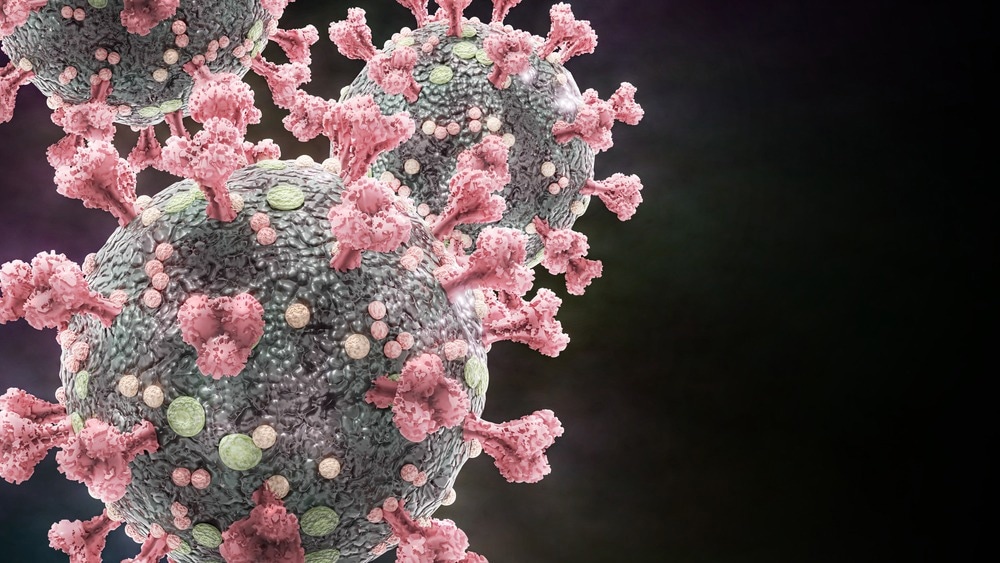In a recent study published in the JAMA Network Open, researchers examined temporal dynamics of persistent symptom resolution following acute coronavirus disease 2019 (COVID-19) in the general population of France. In addition, they reviewed risk factors associated with the duration of these symptoms.
 Study: Long-lasting Symptoms After an Acute COVID-19 Infection and Factors Associated With Their Resolution. Image Credit: Dotted Yeti/Shutterstock
Study: Long-lasting Symptoms After an Acute COVID-19 Infection and Factors Associated With Their Resolution. Image Credit: Dotted Yeti/Shutterstock
Background
Long COVID is a condition in which COVID-19 symptoms last two months or more (persistent) and is an emerging public health problem worldwide. Yet, studies have barely investigated the resolution time of these symptoms after the acute infection has resolved in the general population.
Other studies on the persistence of COVID-19 symptoms have not exceeded eight to 10 months of follow-up. Also, these studies focused on specific populations, including individuals entering COVID-19 management care on their own.
About the study
In the present cross-sectional study, researchers enrolled 53,047 participants from three cohorts of French adults to examine the time-varying dynamics of COVID-19 symptoms, their persistence, and the factors associated with their resolution. The study participants completed a self-administered questionnaire between April 1 and June 30, 2020, followed by another questionnaire between June 1 and September 30, 2021. The team assessed details on persistent symptoms, their duration, and COVID-19 diagnosis by reverse transcription-polymerase chain reaction (RT-PCR), all of which were the study's main outcomes.
They predefined persistent COVID-19 symptoms as symptoms lasting two or more months and used survival models to estimate symptom duration from the acute episode. Likewise, they estimated age, gender, and comorbid conditions using multivariable-adjusted hazard ratios (HRs). The team also obtained the blood samples of severe acute respiratory syndrome coronavirus 2 (SARS-CoV-2)-positive participants between May 1 and November 30, 2020, for serological analysis.
Study findings
The study population comprised 3972 participants infected with SARS-CoV-2, of which 2531 were women. The mean age of the study cohort was 50.9 years. Nearly 66% of these 3972 participants reported at least one symptom during the acute phase of infection. The authors also noted that nearly 10% of study participants presented with at least one persistent symptom one year after infection though symptoms after the acute COVID-19 phase showed a rapid decline during the first six months.
The most frequent persistent symptoms were dyspnea (in 163 of 614 patients) and articular pain (in 111 of 143 patients). Other symptoms included anosmia, asthenia, brain fog, memory loss, and sleep disorders. An estimated 97.5% and 94.2% of patients with asthenia and attention or concentration disorders experienced resolution of symptoms one year after the acute phase, indicating time taken for resolution of each symptom varied.
Older age, female gender, cancer & smoking history, higher BMI, and very symptomatic acute disease phase showed a correlation with a slower resolution of all persistent symptoms. Other comorbid conditions were associated with the risk of the persistence of specific symptoms. Together, these findings suggest the need to manage comorbid conditions in individuals with long COVID to help reduce the duration of their symptoms.
Conclusion
Fortunately, most symptoms after COVID-19 recovery disappear within a year. However, due to a high level of cumulative incidence, the absolute number of people living with persistent COVID-19 symptoms after a year remains concerning from a public health perspective.